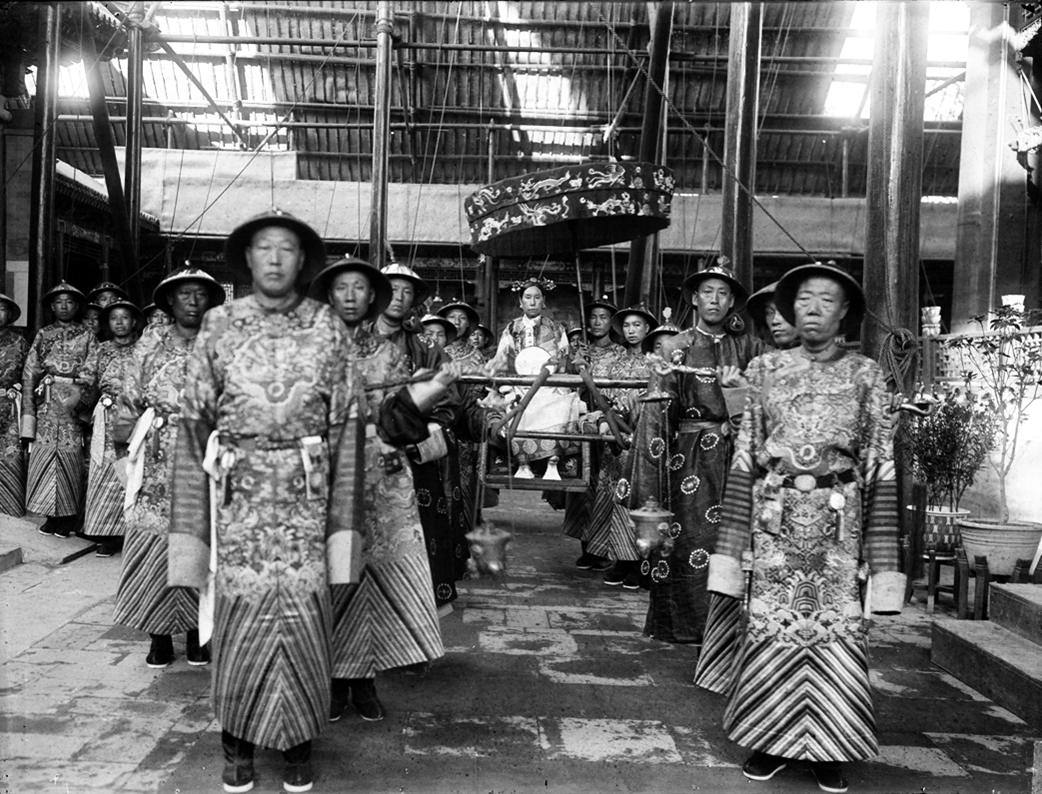
Ep. 271 | Eunuchs in China (Part 5)
From Dorgon to Daoguang things were pretty tame in the Qing. But once Empress Dowager Cixi grabs hold of the reigns of power, she allows her eunuchs, most notably An Dehai and Li Lianying, to do their worst.
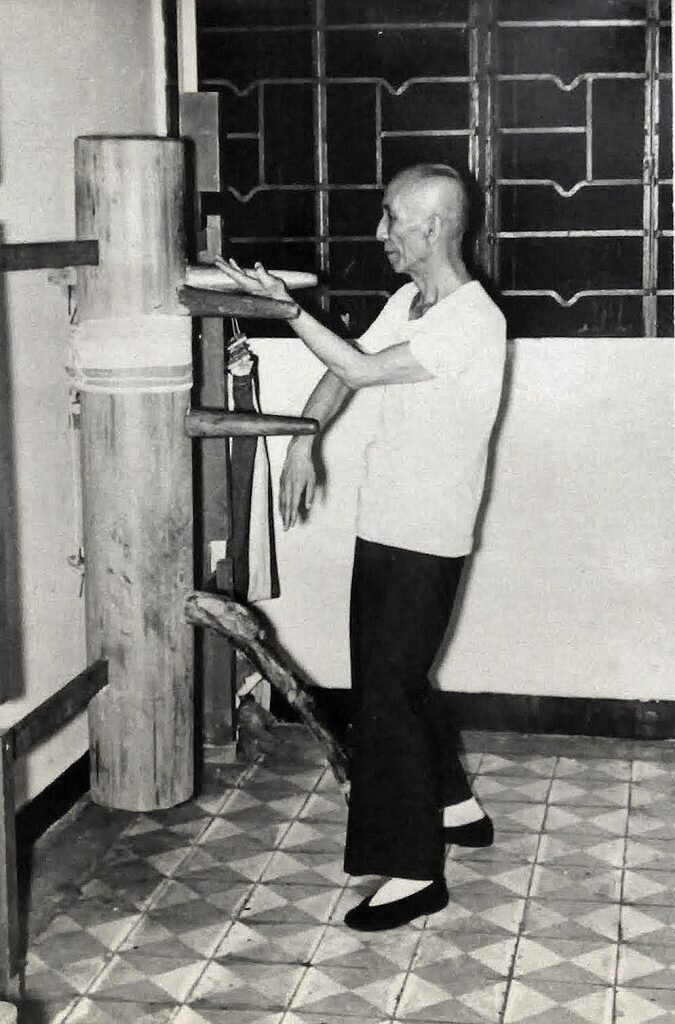
Ep. 204 | Chinese Martial Arts, Wing Chun, and Ip Man (Part 2)
Today we zero in on the history and legends behind the Wing Chun style of king fu. We’ll also look at Grandmaster Ip Man and all those Wing Chin greats who came before him going back to the founder Ng Mui (Wu Mei).
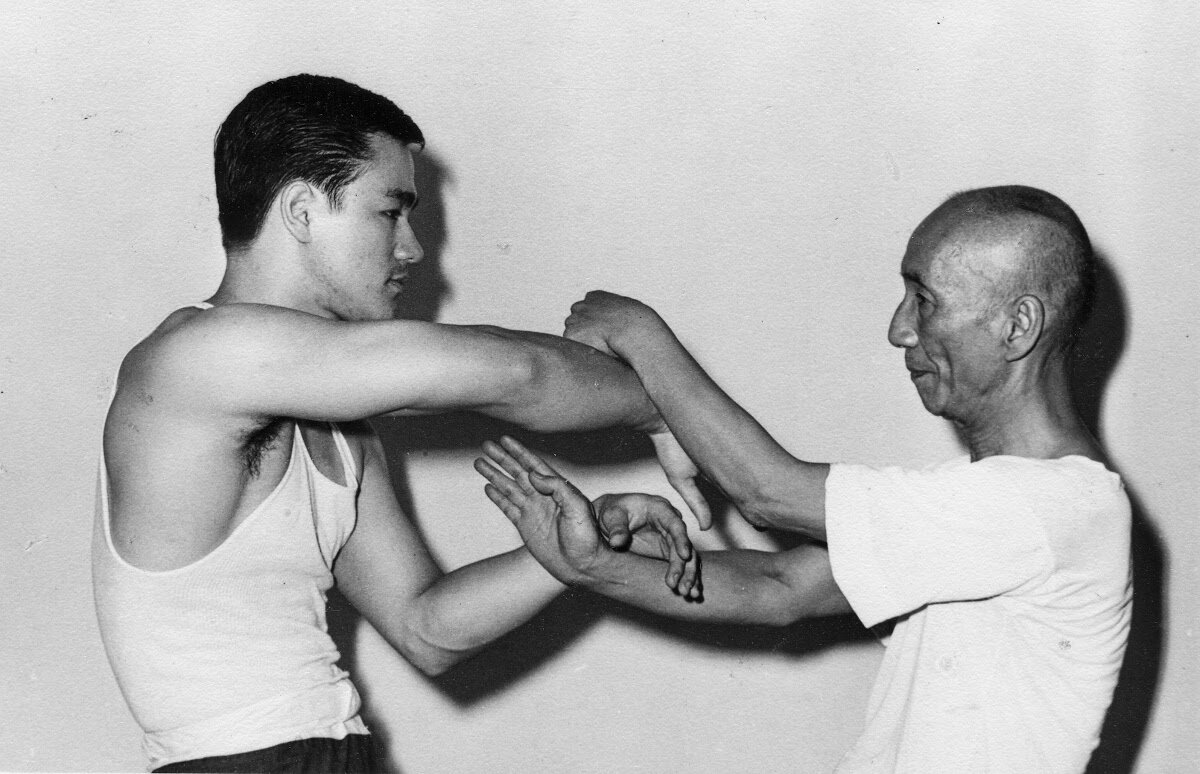
Ep. 203 | Chinese Martial Arts, Wing Chun, and Ip Man (Part 1)
This two-part series offers up a survey of the development of martial arts in China from the mythical times of the Yellow Emperor to the present day.
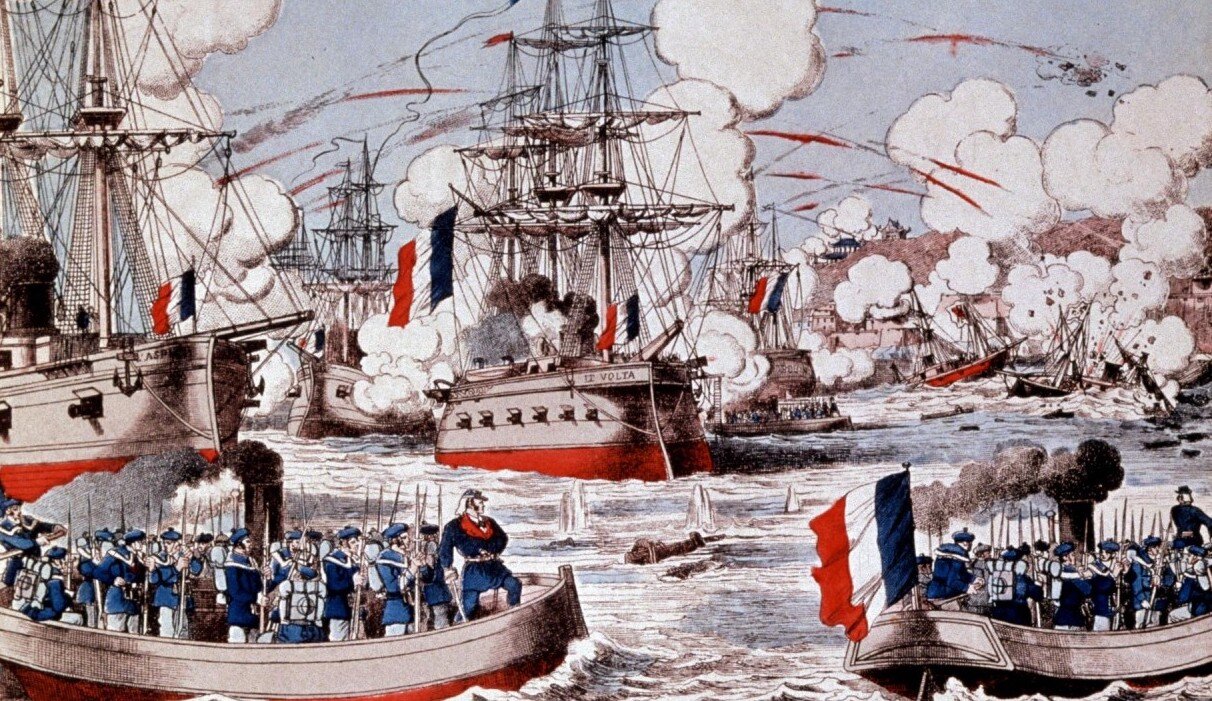
Ep. 201 | The History of China-Vietnam Relations (Part 5)
In this Part 5 episode, we get into the early years of the Later Lê Dynasty…early to mid 1400s and get as far as the end of the 19th century and the arrival of the French.

Ep. 200 | The History of China-Vietnam Relations (Part 4)
In this landmark two-hundredth episode Laszlo carries the story of China-Vietnam forward, beginning with the three Mongol invasions of Đại Việt during the Trần Dynasty.

Ep. 199 | The History of China-Vietnam Relations (Part 3)
In this episode, heroes from Vietnam history making an appearance include Ngô Quyền, Lê Hoàn, Lý Thái Tổ, Lý Thường Kiệt and Trần Thái Tông.
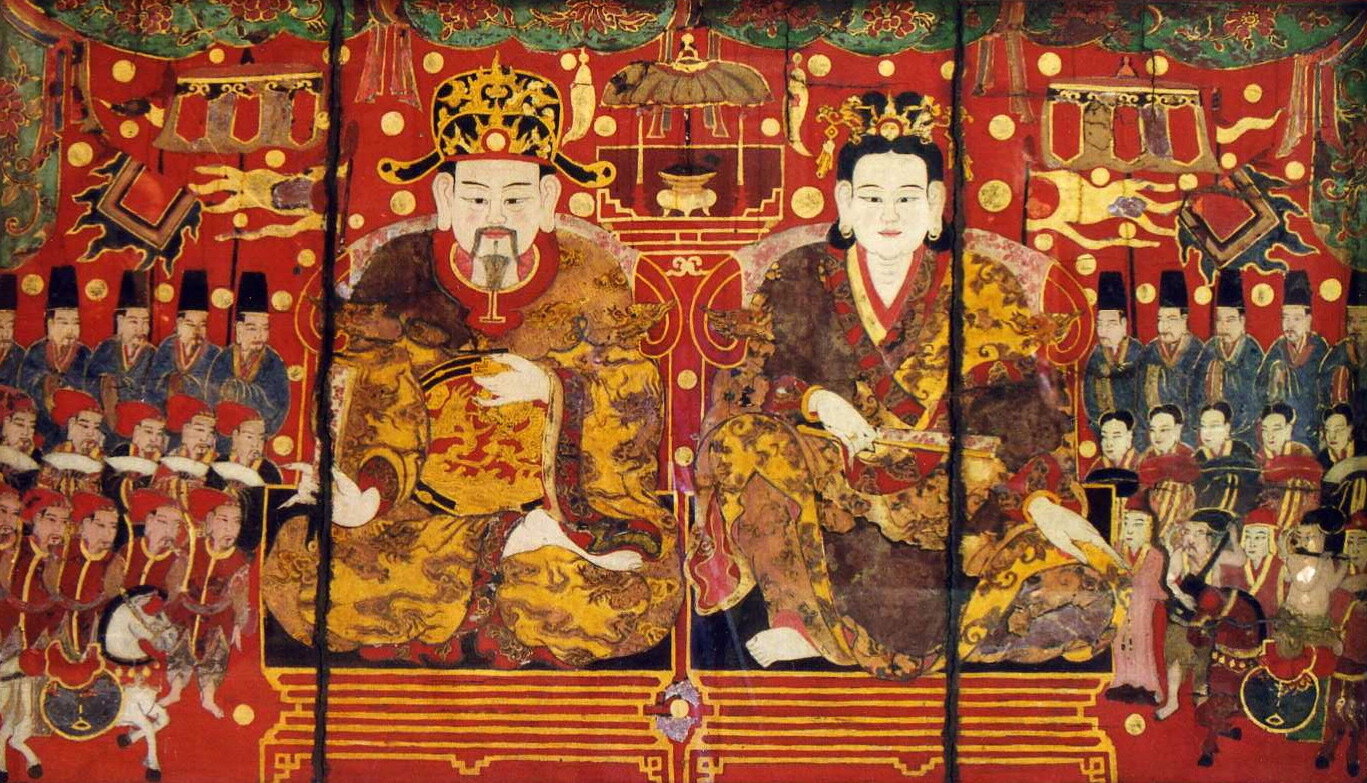
Ep. 198 | The History of China-Vietnam Relations (Part 2)
In this second helping, Laszlo picks up with Shi Xie and his impact on bringing Chinese culture to the Jiao region. In the timeline, we’ll be going from the Eastern Han to the end of the Tang.
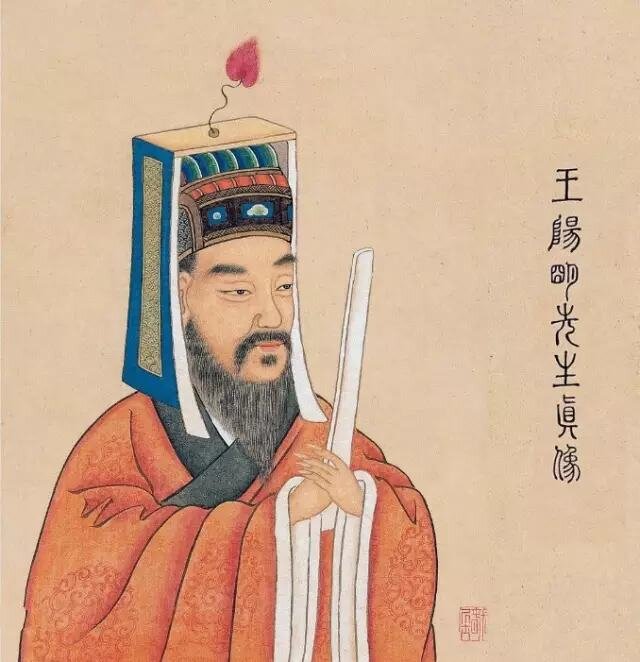
Ep. 192 | The History of Chinese Philosophy (Part 9)
In Part 9, differences between the two main schools of Neo-Confucianism is further discussed: the Lu-Wang School of the Mind (Xinxue) and the Cheng-Zhu School of Principle (Lixue). We also saved philosopher Zou Yan and the Five Elements (Wuxing) for last.
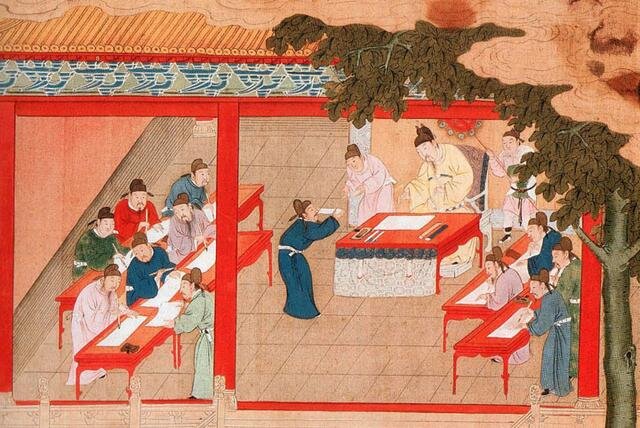
Ep. 191 | The History of Chinese Philosophy (Part 8)
In Part 8, the basic tenets of Neo-Confucianism are introduced, with a focus on lǐ (principle) and xīn (mind) and how these two concepts caused a great divide in the two main schools of Neo-Confucianism.

Ep. 190 | The History of Chinese Philosophy (Part 7)
The focus in this episode is on philosophical thought in the Tang Dynasty (618-907), and three of the founding fathers of Neo Confucianism, Zhou Dunyi, Shao Yong, and Zhang Zai.
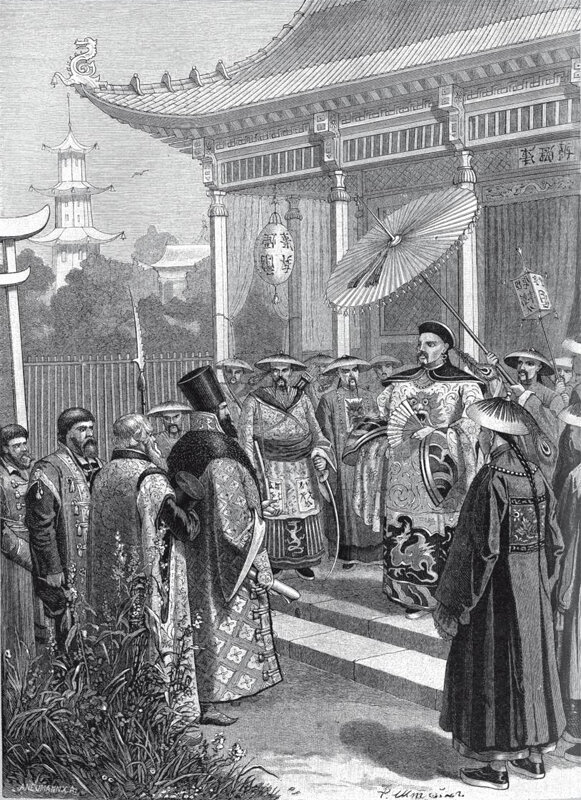
Ep. 181 | The Early Years of Sino-Russian Relations
At last, the early years of Russia-China relations can see the light of day. This episode ecovers the beginnings back in the late Ming when they first met and mostly in the Qing where all the history happened.

Ep. 180 | The Earliest Years of Christianity in China
We’ll take a second cursory look at the Jesuits as part of a bigger story that includes Christianity in China during the Tang and Yuan dynasties. Prior to the arrival of Matteo Ricci, there were two other lesser-known attempts to grow Christianity in China.
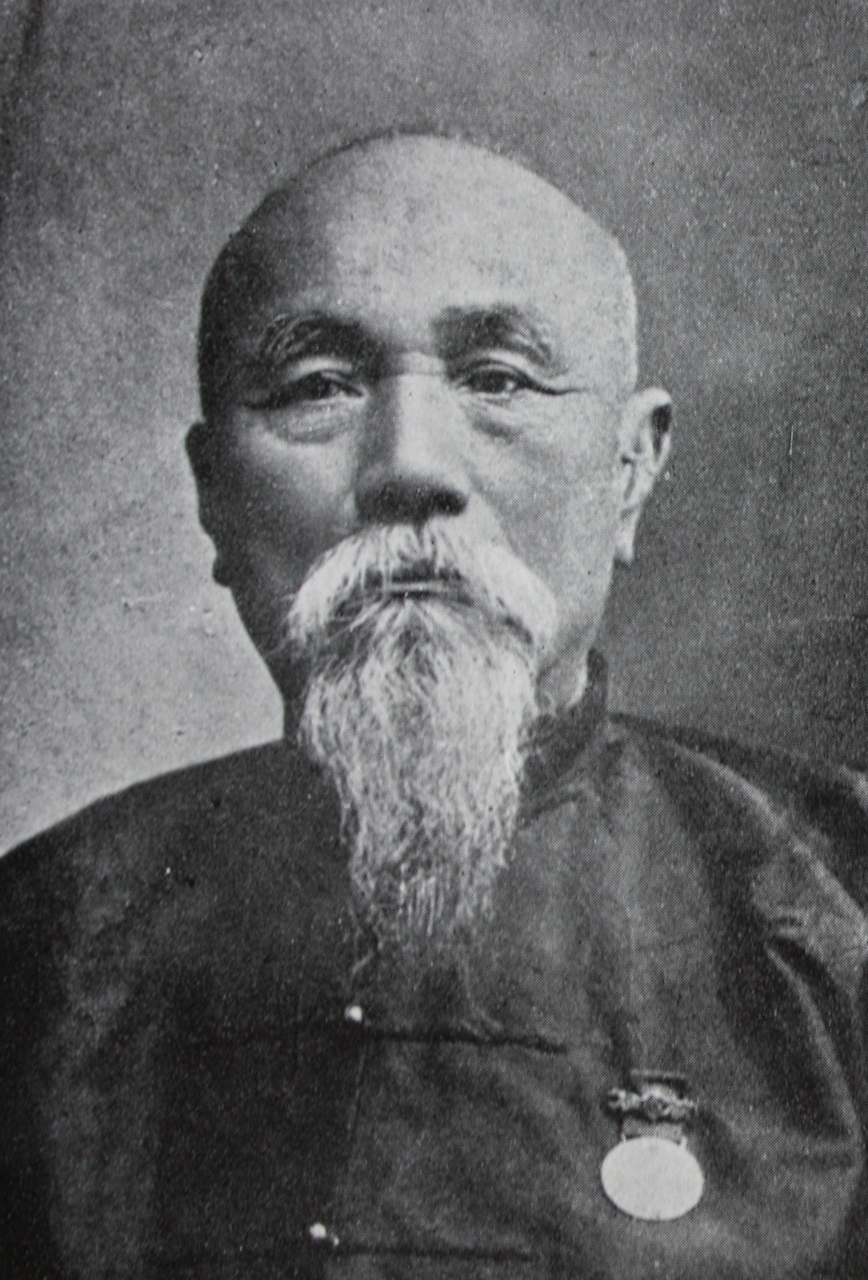
Ep. 176 | The History of the Teochew People
In this episode, Laszlo explains a little about the Teochew people. They’re a proud group of people with a collective track record that is admirable by any standards of human achievement.

Ep. 175 | Su Dongpo
In America, we have Washington Irving, Mark Twain, Hemingway, and so on. In China, Su Dongpo would be mentioned when rattling off their best of the best. He was a major figure not only in the Song but in the overall world of Chinese culture as well.

Ep. 170 | The Mongol Yuan Dynasty (Part 2)
Laszlo finishes up the story of the Yuan Dynasty, founded in 1271. The parts of China not yet conquered were done in by 1276 and the last holdouts went by 1279. This episode takes a nice little overview of the dynasty, its slow demise, and the legacy they left.

Ep. 169 | The Mongol Yuan Dynasty (Part 1)
In this long-overdue episode, we present a nice overview of the rise of the Mongol nation starting with the famous Genghis Khan.
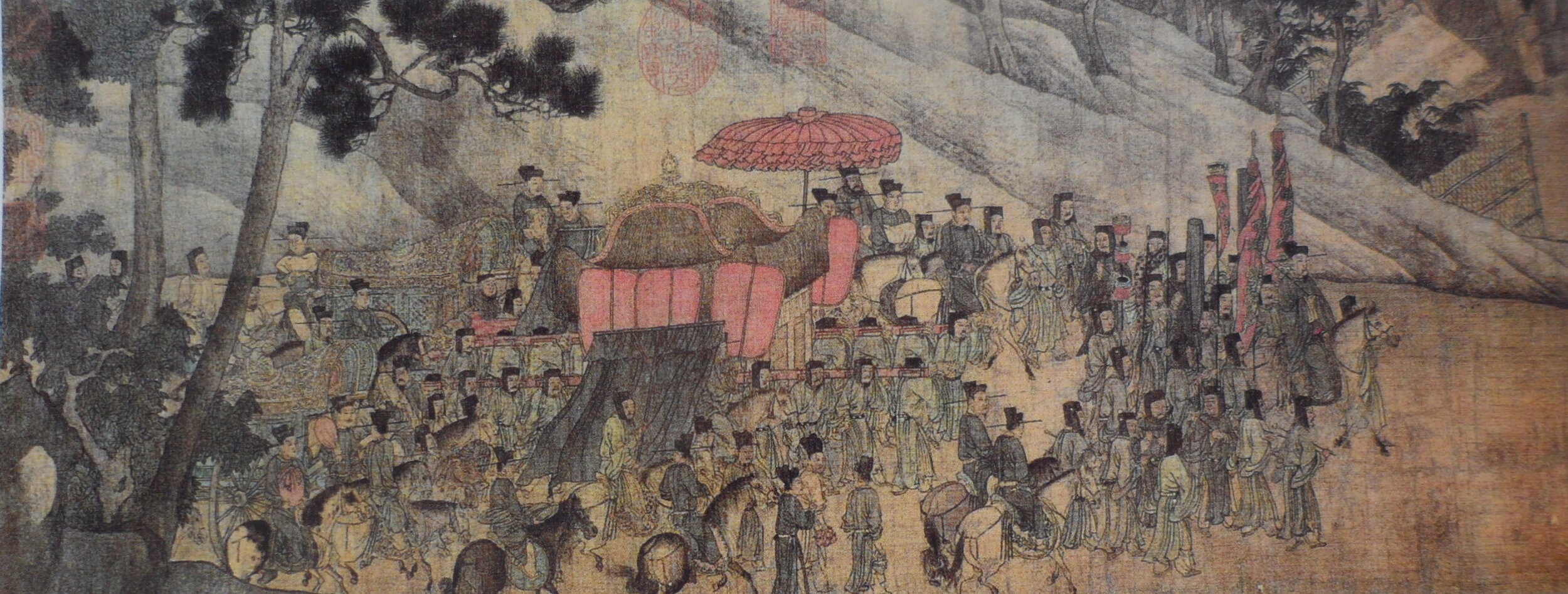
Ep. 135 | The Song Emperor Huizong (Part 4)
In this final installment examining the life of Emperor Huizong, we look at the series of events that followed the Jürchens’ Seige of Kaifeng in 1126-1127. What followed was the Jingkang Incident, which for centuries made Chinese bow their heads in shame.
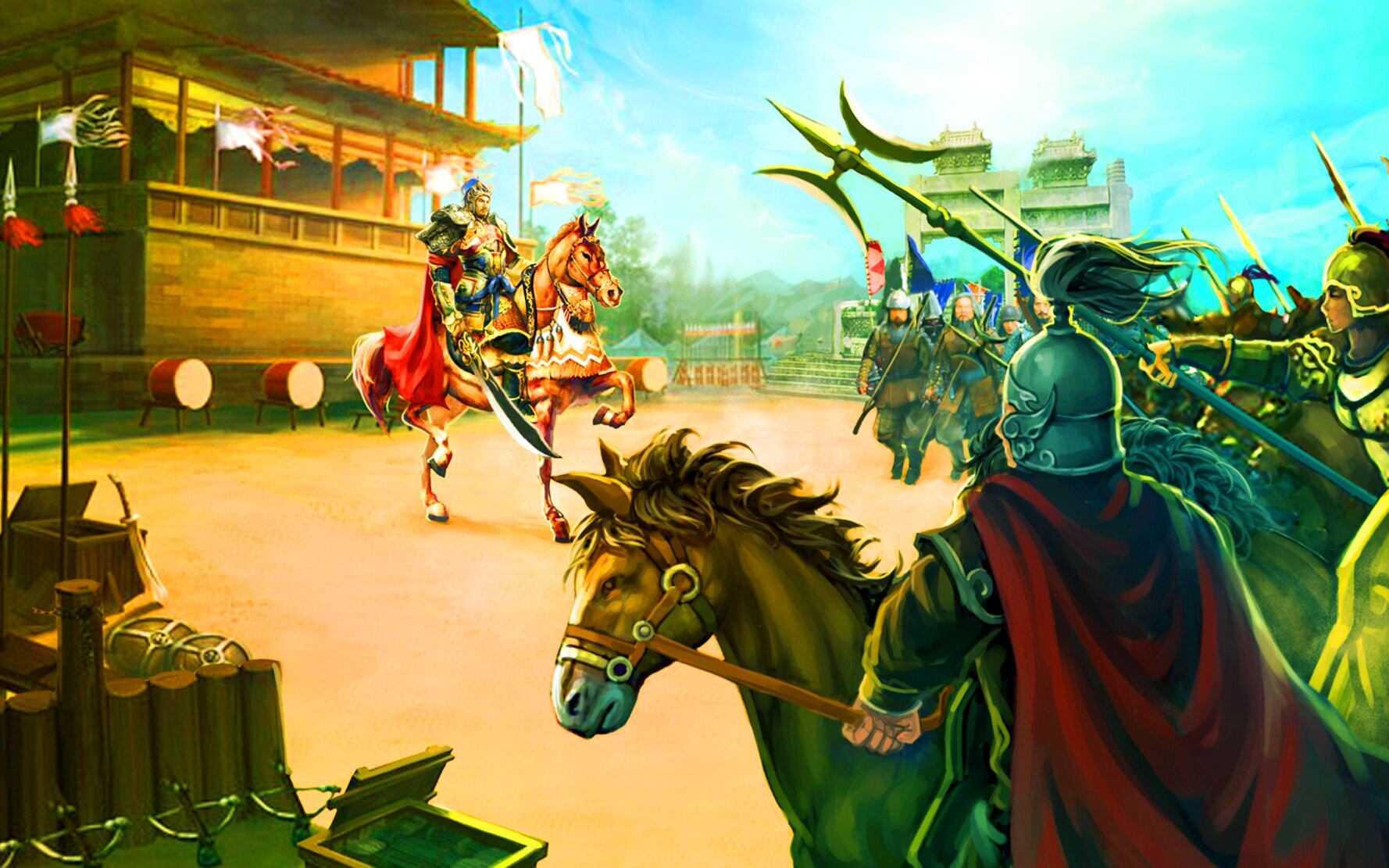
Ep. 129 | The Incident at Xuanwu Gate
The Incident at Xuanwu Gate took place on July 2, 626, and resulted in the victory of Li Shimin over his two brothers. Not long afterward Li Shimin was promoted by his father to the emperorship and reigned as Tang Taizong.
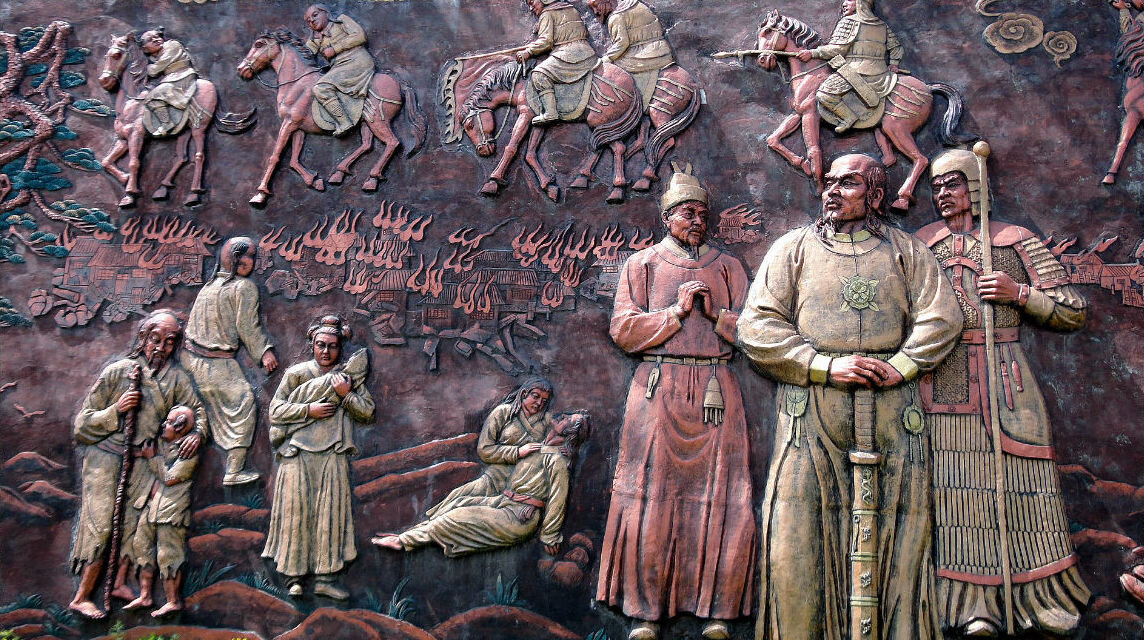
Ep. 126 | Yelü Abaoiji
This week we look at the Khitan people of the steppes. These people came from the lands between Manchuria and Mongolia. Their most famous son was Yelü Abaoji who took his people to great heights in the early 10th century.
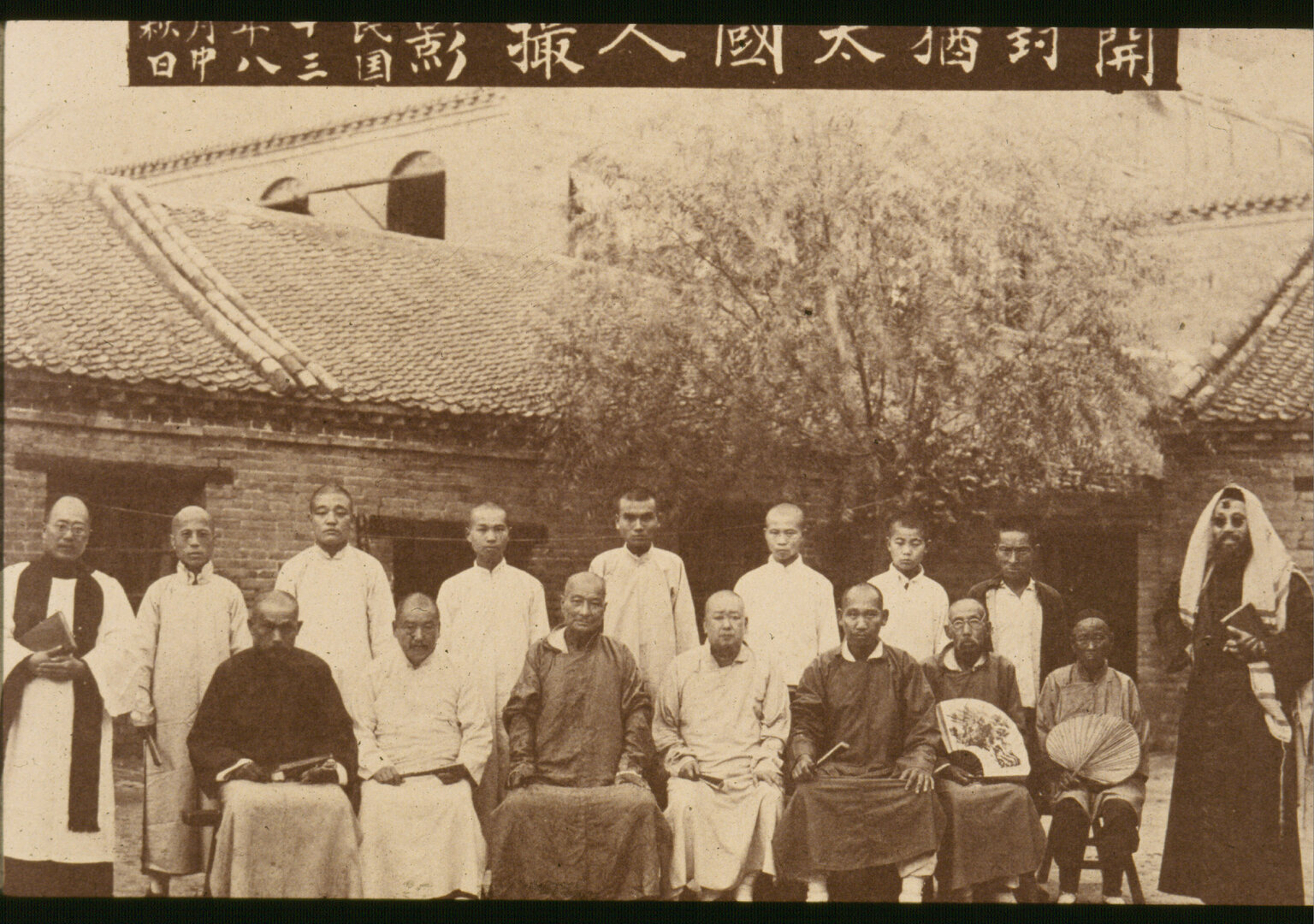
Ep. 112 | The Kaifeng Jews
This week we look at a topic many have heard about but aren’t familiar with the details; the Jewish people in China and the history of the settlement in Kaifeng, Henan.
